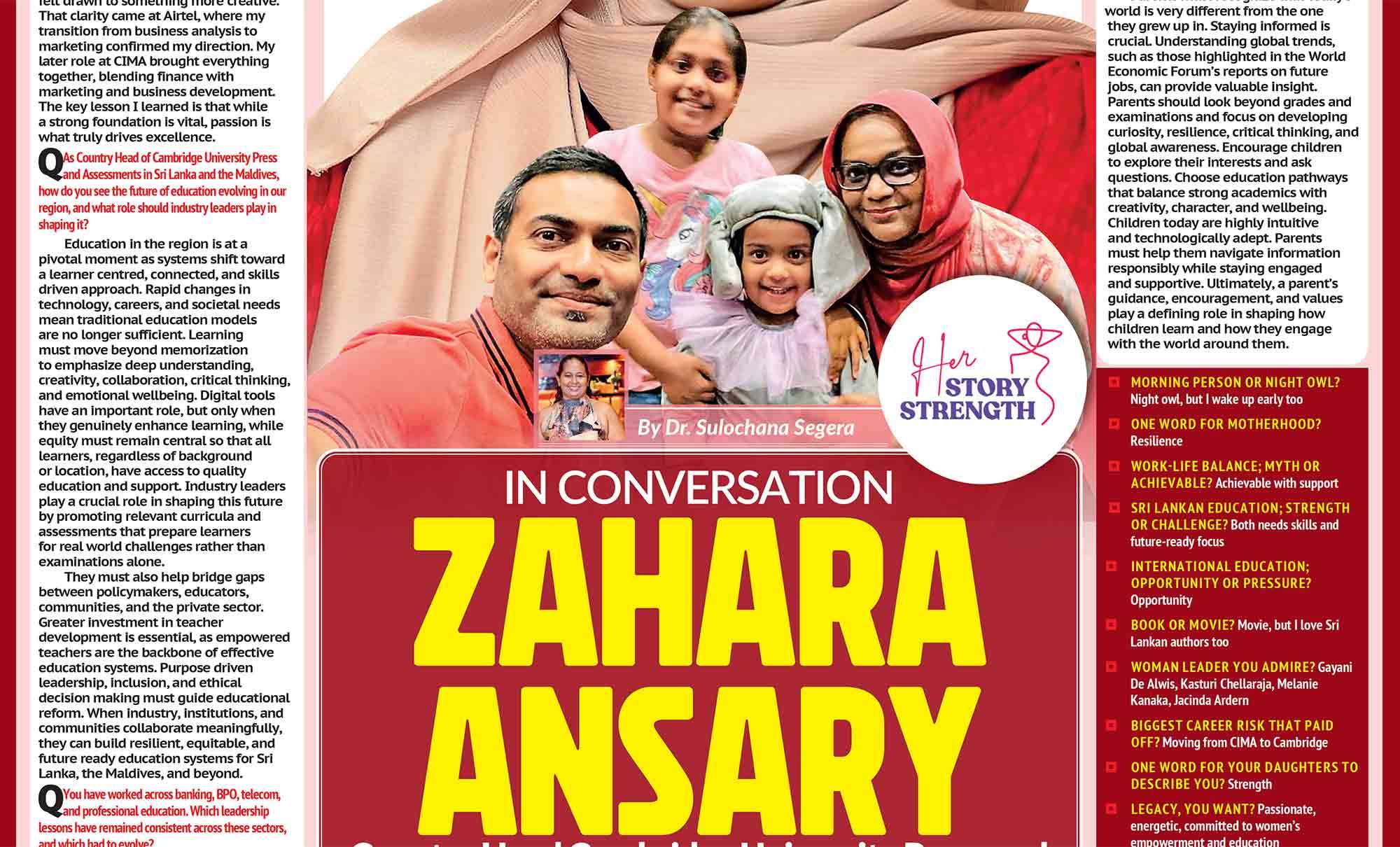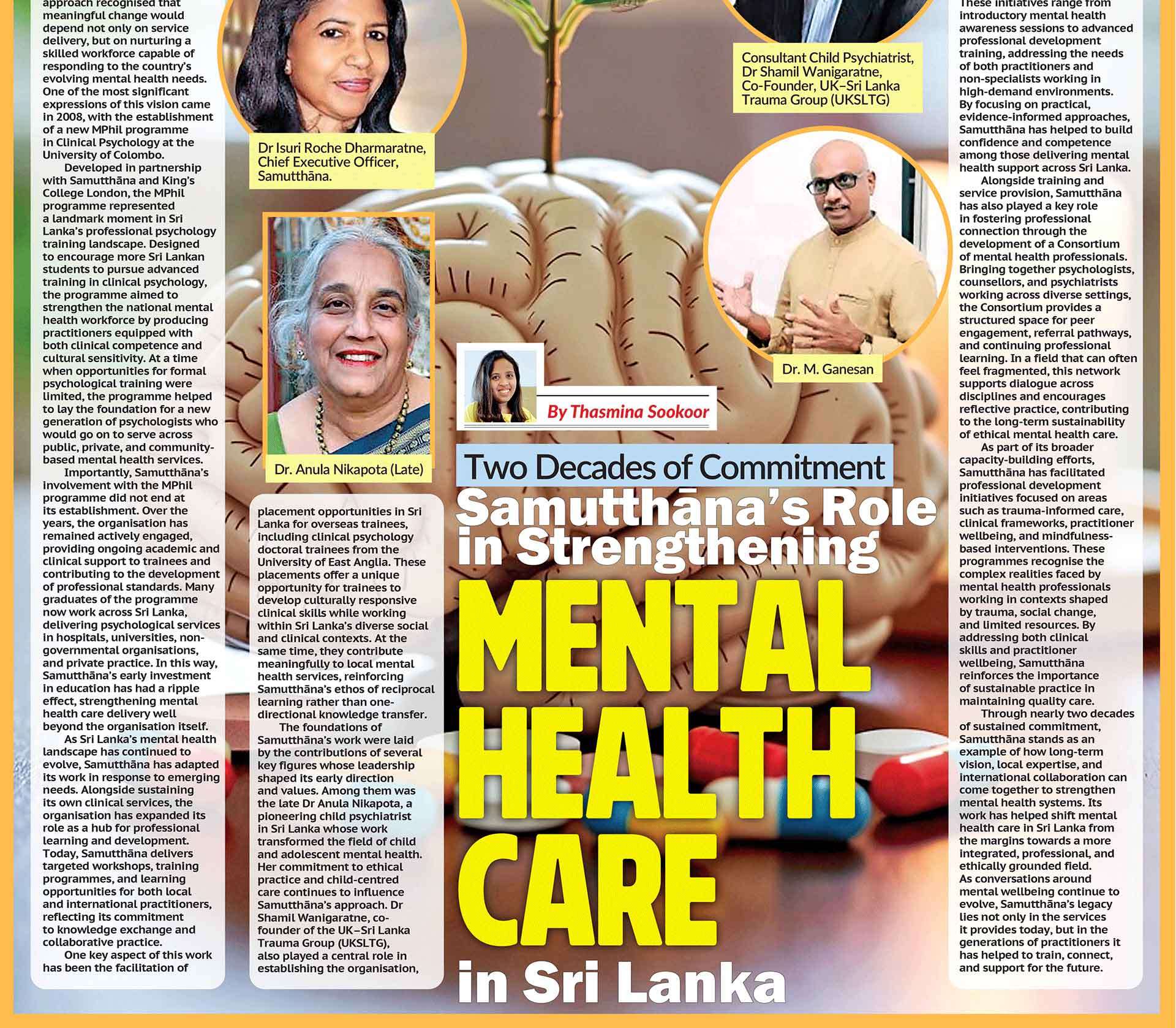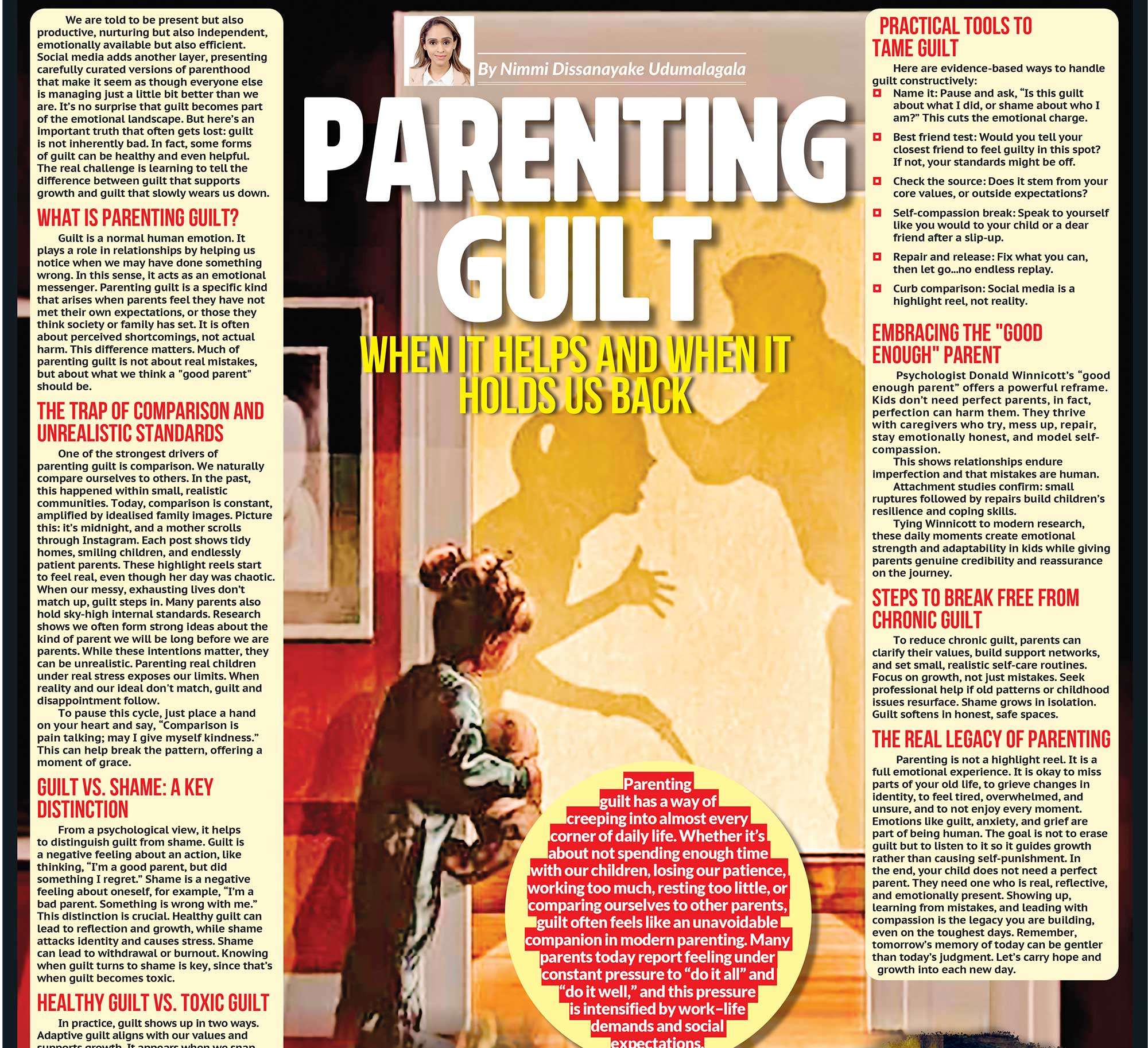
With increasing in childhood obesity levels, more and more children are facing the negative effects of weight bias and stigma. Stigma can result from negative personal attitudes and beliefs about obesity and individuals living with obesity. It is frequently held by those with whom the individual interacts throughout childhood, such as peers, educators, friends, family members, media, and health care professionals
What childhood obesity stigma can look like
At School & Among Friends
- Teachers may unconsciously have lower expectations of children in bigger bodies, assuming they are less active or not as capable.
- Kids may face name-calling, teasing, or even bullying from classmates.
- Children with obesity are 63% more likely to be bullied than their peers, according to the World Health Organization.
- Exclusion from social activities, many kids are left out of games, sports, or even group projects because of their weight.
At Home and Within the Family
- Unfortunately, the most common source of weight stigma for children comes from their own families.
- Relatives may make ‘harmless’ comments like “You’ll never find a good proposal if you don’t lose weight”
- Parents might push dieting without realising that strict food rules can lead to unhealthy eating habits.
In Healthcare Settings
- Doctors may assume a child’s health problems are solely due to their weight, overlooking other medical factors.
- Size-inclusive medical equipment is often unavailable, making visits uncomfortable.
- Parents may feel blamed for their child’s weight
- Using inappropriate language and not being mindful leading to individuals not seeking help.
In the Media
- Cartoons, Bollywood movies, and advertisements often portray overweight characters as lazy, funny sidekicks or as people who need a ‘transformation’ to be accepted.
- There’s little representation of diverse body types in media, reinforcing the idea that only thinness is beautiful or successful.
The Consequences: More Than Just Hurt Feelings
 Obesity stigma faced during childhood can be damaging and can have an impact on how children feel about themselves leading to psychological, physical, and social problems that have an impact on their welfare and overall health. As they grow older, they may engage in unhealthy eating habits such as bingeing or emotional eating which may eventually lead to eating disorders. Moreover, it can lead to low self-esteem, poor body image, low confidence, and anxiety.
Obesity stigma faced during childhood can be damaging and can have an impact on how children feel about themselves leading to psychological, physical, and social problems that have an impact on their welfare and overall health. As they grow older, they may engage in unhealthy eating habits such as bingeing or emotional eating which may eventually lead to eating disorders. Moreover, it can lead to low self-esteem, poor body image, low confidence, and anxiety.
Creating Awareness is KEY
It is crucial to understand that diagnosing and treating obesity is not a simple process. Obesity is a complex, multifactorial disease; many factors are involved and focusing just on body weight will lead to many more complex problems. Encouraging “Eat Less and Move More” ideologies create negative stereotypes about overweight individuals by ignoring their emotional health and wellbeing.
How Parents Can Help Reduce Weight Stigma?
1. Set Clear Boundaries on Weight Talk
South Asian families love to comment on each other’s appearance, whether it’s, “You’ve put on weight” or “You look weak, eat more!” But this casual body talk can be harmful. It’s okay to politely tell relatives that weight isn’t up for discussion. A simple “We focus on health, not weight” can shut down these conversations. Maintain such boundaries and adopt a zero-tolerance policy for bullying or taunting based on appearance (even if its jokingly).
2. Watch Your Own Words & Attitudes
Children absorb what they hear at home. Ask yourself:
- Do I ever make negative comments about my own weight in front of my child?
- Have I assumed someone is unhealthy just because of their size?
- Am I forcing a healthy lifestyle, or am I promoting diet culture?
3. Look Out for Signs of Bullying or Low Self-Esteem
If your child suddenly eats less, talks less, avoids school, or isolates themselves, they may be experiencing weight-related bullying. Have open conversations with them and, if needed, involve teachers to create a safe space.
4. Encourage Open, Positive Conversations
- Let your child express their feelings about their body without judgment.
- Teach them about health ann nutrition.
- Reinforce their self-worth beyond appearance
5. Take a Food-Neutral Approach
In South Asian households, food is a big part of our culture. Instead of labeling food as “good” or “bad,” focus on balance.
Encourage:
- Balanced meals and snacks (not restrictive eating)
- Outdoor play and movement (not forced exercise)
- Enough sleep and hydration
Weight stigma is real, but we can change the conversation. As parents, it’s time to shift the focus from weight to well-being. By being mindful of our words, actions, and attitudes, we can raise confident, happy, and healthy children who know they are loved just the way they are because true health is about so much more than a number on the scale.











